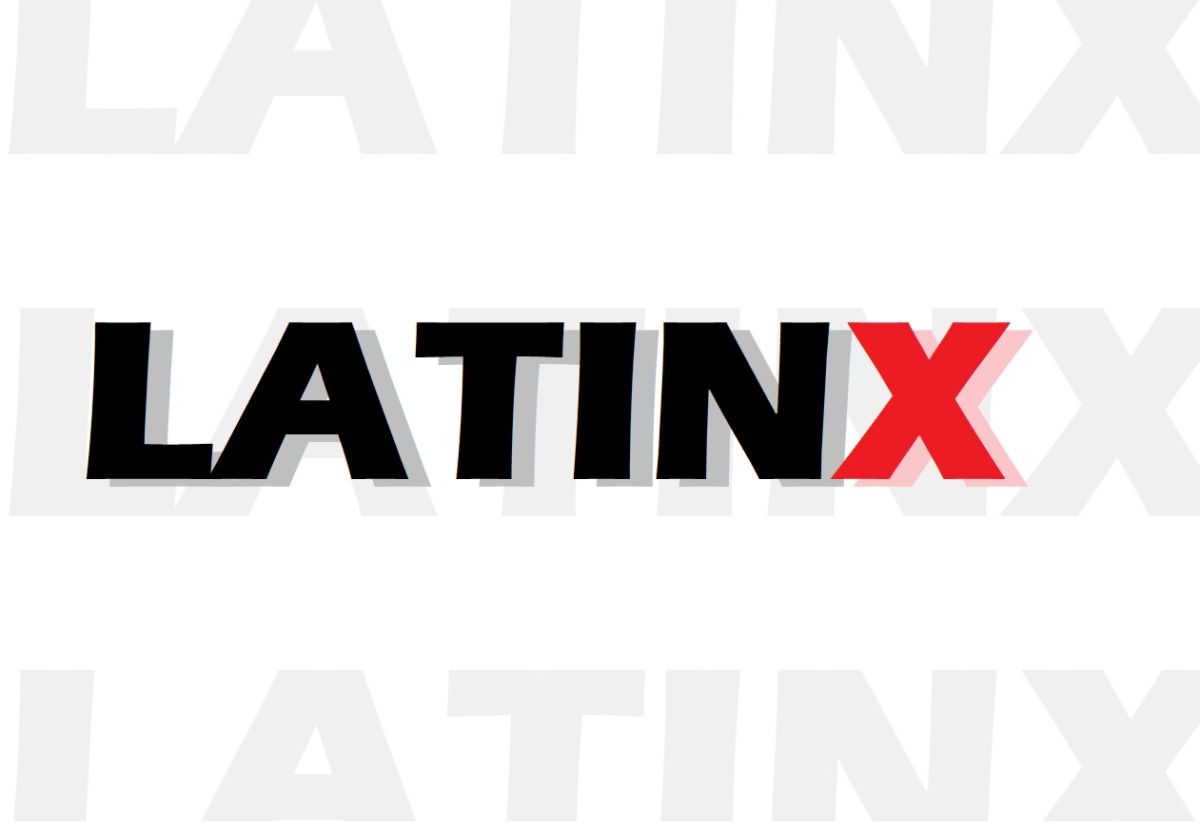
At the end of 2021, Pew Research Center discovered what many of us already knew about the term “Latinx” – most Latinos do not like it and do not use it. According to the research, only an abysmal 3% of Latinos used it.
Furthermore, two in five Latinos point blank said that any political candidate who tries to pander to them using the term would immediately lose their vote. White liberal political consultants, who run political consulting firms locally and nationally, went back to the political “war rooms” to strategize how best to reach Latino voters.
“Latino” and “Hispanic” have been widely used, but some Latinos profoundly disliked both terms. “Latino” is viewed as anti-indigenous, and “Hispanic” as paying homage to Spanish colonizers. However, in the end, many Latinos have learned to live with “Hispanic,” and the majority use it to describe themselves, while some prefer Latino/a. Others use other terms, and some reject anything to do with Latinos and joined other ethnic groups.
“Latinx” emerged in the last decade as an effort to include transgender and non-binary individuals. Latinx allows people to opt out of the gender binary. It is used as a gendered-neutral or non-binary option for Latinos/as.
Many Latinos tend to reject labels that lump them together and unfairly describe them as individuals or omit their culture or history. Latinos, whose primary language is Spanish, find the term “Latinx” so horrendous and irrational that they respond venomously. Some asserted that using “Latinx” is silly as it disrupts the gendered nature of Spanish.
Some Latinos even argue that “Latinx” is nothing but “linguistic imperialism” of the Spanish language or some “politically correct lexicon” that the “woke white” liberals want to impose on them. It is also viewed as an elitist term with the potential to destroy their culture and history.
Selling the term “Latinx” to Latinos was an ambitious endeavor and a profound display of the lack of knowledge of Latinos in this country. Among all the groups in American society, Latinos are the most diverse and complex group. Latin with the x, to many native Spanish speakers, makes no sense. “Latinx” defies the basic rules of pronunciation. It was a huge undertaking that was doomed to fail.
Those who came up with this term didn’t understand the gendered form of Spanish and the profound diversity among Latinos. We, Latinos as a group, are very diverse. Latinos don’t just roll over. We are thinking beings who do not just embrace superficial labels that we find inadequate or silly.
And many news organizations, without much research, started using the term “Latinx” in their articles when they refer to Latinos. Almost half of all residents in Los Angeles are Latinos. To reach out to Latinos in this city, Los Angeles Times hired young and hip journalists in an effort to legitimize the term. They even developed a section called “LatinX files.”
Some Latino organizations have also dropped the term “Latinx.” The League of United Latin American Citizens [LULAC], a Latino civil rights organization, stopped using “Latinx” in 2021. The Congressional Hispanic Caucus also does not use the term.
Superficial labels do nothing for the people they intend to help. Changing the dictionary or adding words to it will not do anything for transgender and non-binary individuals who are constantly attacked. We need to create policies that protect them.
There have been published articles about the real struggles facing transgender and non-binary individuals and how their rights are grossly violated. Uber being an exhibit A, personal documents transgender individuals presented to the company were considered fraudulent, and many were dropped from Uber’s platform. That was tragic and unfair. These individuals couldn’t make a living. Here is where advocates need to focus, these transgender people need jobs to support themselves and provide for their families.
Yes, we, all Latinos, should continue to endeavor to understand the complexity of the gender identity movement in our community with an open mind. The majority of Latinos are for all people to be themselves and be included and for their rights to be respected. Nonetheless, imposing “Latinx” in the name of inclusivity creates unnecessary tensions that derail its purpose or goals of inclusion among the diverse Latino communities. Our community does not need a divisive fight over a superficial term.
Thank you for reading.
Chamba Sanchez is a teacher who aligns with those who believe that activism is a crucial component of the teaching profession.



